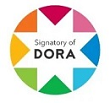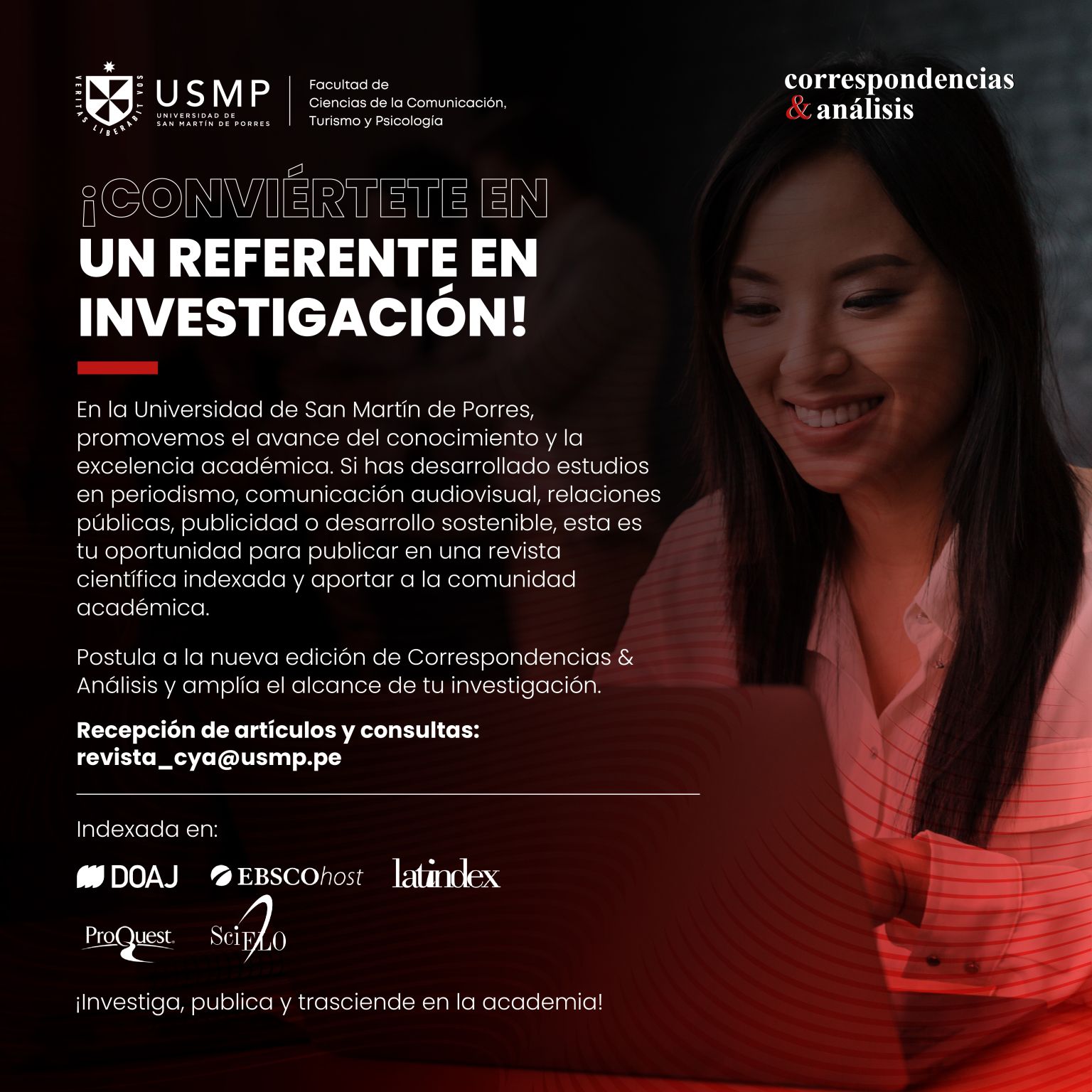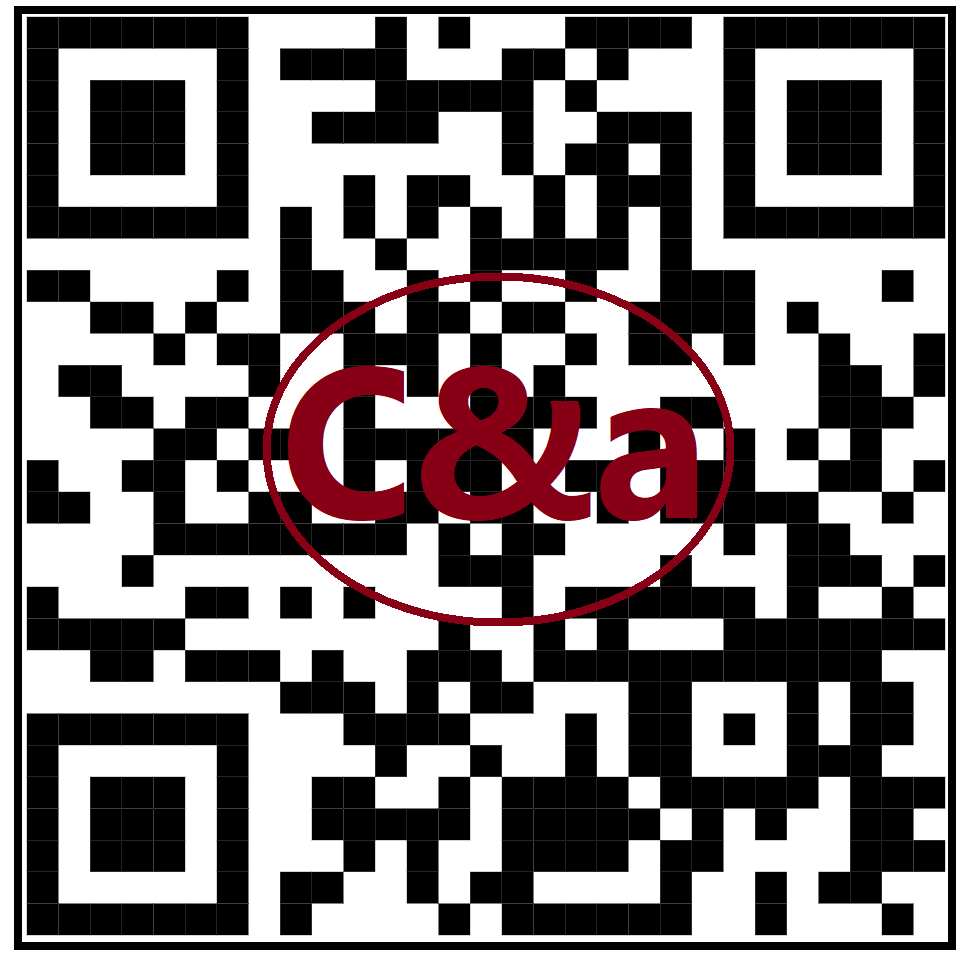Ethical Perception for Journalistic Profession. Academic Reality vs. Occupational Reality
DOI:
https://doi.org/10.24265/cian.2017.n7.01Keywords:
Journalistic Ethics, Academic Journalist Formation, Media journalism, Journalism Students, Journalism Schools, Higher Education, Controversial PracticesAbstract
The report “Journalism’ students in Chile: Perception of the profession, their future work field and the performance of the media” (Mellado & cols., 2015), which includes their perspective about career field, evaluation and use of the media, threats and future of journalism, and ethics, among others, is the starting point of an exploratory investigation to account the ethical perception of journalism students, against controversial practices and their relation to join the labor market. Based on the analysis, getting deeper in the findings of this report and the contrast with the curricula of the participating journalism schools, the students’ vision is extrapolated from the reality observed in their first professional experience, based on the perception of the media editors. In this way, this report tries to determine how the student’s ethical perception is put to the test in his first professional experience.
Metrics
Downloads
References
Canal 13 (2017). www.canal13.cl. Obtenidos de http://www.anatel.cl/wpcontent/uploads/2017/07/orientaciones-programaticas-canal-13.pdf
Chilevisión (2017). www.chilevision.cl. Obtenido http://www.chvnoticias.-cl/site/artic/20131218/asocfile/20131217382/guias_editoriales.pdf
Colegio de Periodistas de Chile (2015). “Código de ética”. Extraída el 3/X/2017 desde http://www.colegiodeperiodistas.cl/p/etica-periodistica.html.
Díaz del Campo Lozano, J. (2013). “El lugar de la Ética en la formación del periodista. Un estudio de la situación en la Unión Europea”. Cuadernos.Info, núm. 33, pp. 113-120. Extraída el 3/X/2017 desde https://doi.org/10.7764/cdi.33.529
Mega (2015). “Orientaciones programáticas 2015”. Extraída el 3/X/2017 desde http://static-mega.mdstrm.com/_common/docs/orientaciones_4-feb-2015.pdf
Mellado, C. y otros (2015). “Estudiantes de periodismo en Chile: Percepción sobre la profesión, su futuro laboral y el desempeño de los medios”. Extraída el 3/X/2017 desde http://www.periodismoucv.cl/wp-content/uploads/2015/08/Informe-FINAL_Estudiantesde-Periodismo-en-Chile.pdf
Ministerio Secretaría General del Gobierno de Chile (2013). “Ley 20709 sobre las libertades de opinión e información y ejercicio del periodismo”. Extraída el 3/X/2017 desde https://www.leychile.cl/Navegar?idNorma=186049
Pulitzer, J. (1904). “The College of Journalism”. North American Review. Vol. 178, núm. 570, pp. 641-680. Extraída el 3/X/2017 desde http://www.unz.org/Pub/NorthAmericanRev1904may-00641
Santibañez, A.
_(2013). ¿Ética Periodística? ja, ja, ja. Santiago de Chile: Bravo y Allende Editores.
_(1994). Introducción al periodismo. Santiago de Chile: Editorial Los Andes.
TVN, Televisión Nacional de Chile (2009). Orientaciones programáticas y editoriales. Extraída el 3/X/2017 desde http://estaticos.tvn.cl/skins/especiales/tvncorporativo/201410281740/document/-OP2014.pdf
Urzúa Aracena, M. (2005). Periodismo y ética. Temas actuales. Santiago de Chile: Centro de Estudios Bicentenario.
Downloads
Published
Issue
Section
License
In case the manuscript is approved, the authors retain the copyright and assign to the journal the right to publish, edit, reproduce, distribute, display and communicate in the country of origin and abroad by means of print and electronic media in different databases.
In order for this procedure to be recorded, the author must fill out the following formats:
Format 1 - Author data Format.
Format 2 - Affidavit on originality and authorization for the publication of articles Format.
Format 3 - Open Science Compliance.







2.png)













